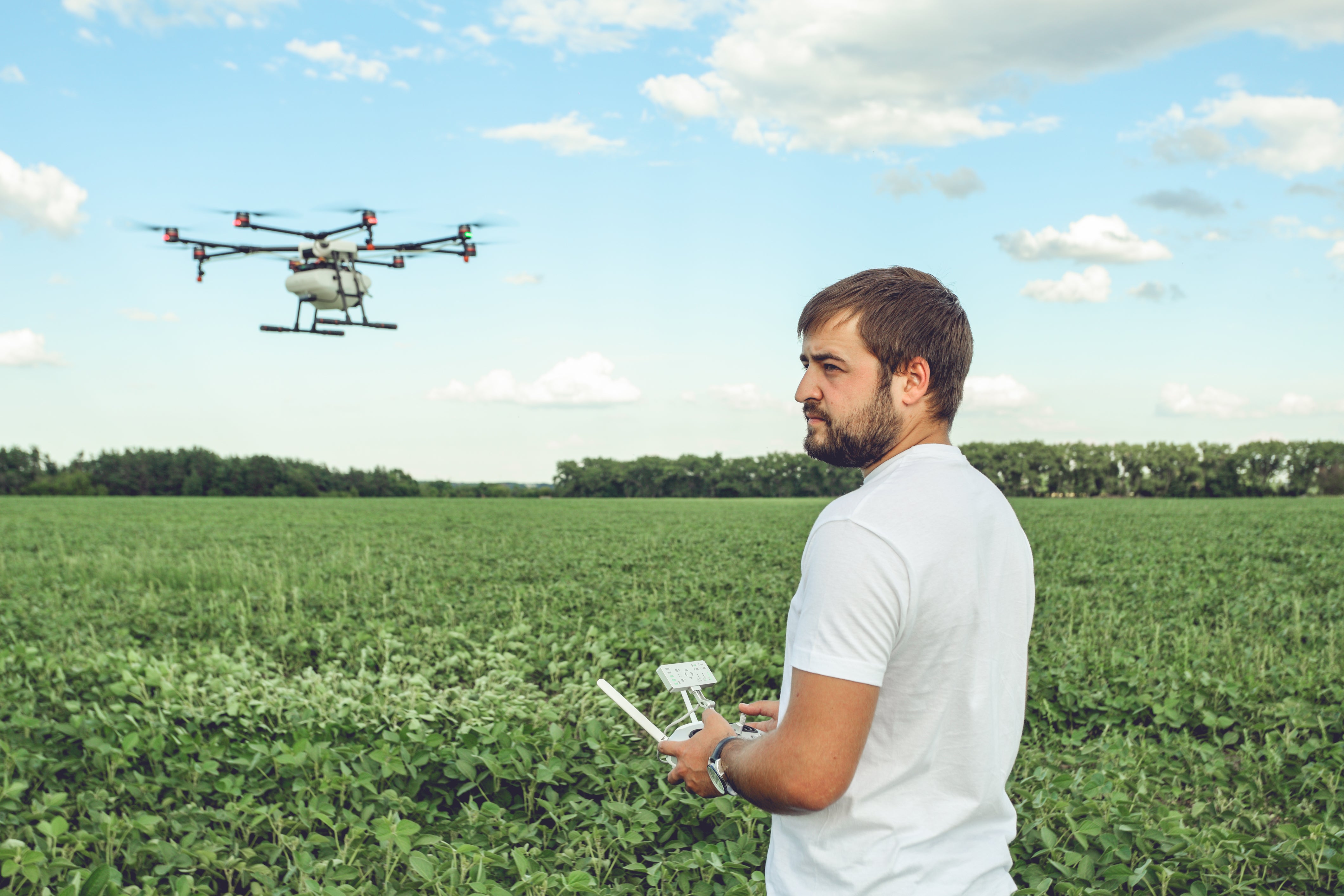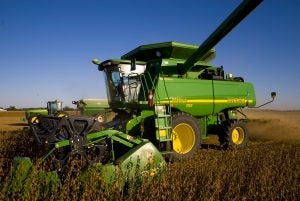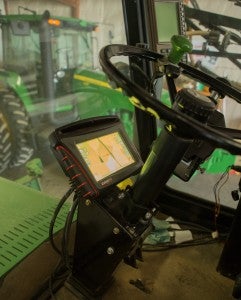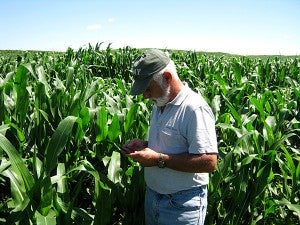Technology investors are discovering a new and largely untapped market: farmers in heartland America eager to fly drones, employ robots and crunch big data to boost their business.
In 2017, tech startups in the agriculture sphere raised $670 million to develop software management, big data analytics, automated equipment and other cutting-edge tools that help farmers grow crops with scientific precision, AgFunder reported. Agriculture is one of the last major sectors to experience the digital revolution and it’s a market ripe for growth.
New technology allows farmers to manage their fields down to the square foot – tracking plant health, soil moisture and estimated profit in real-time. That requires advanced software, sensors and state-of-the-art imaging technology.

Precision agriculture could account for 80 percent of civilian drone use by 2020.
To meet such needs, investors raised more money for ag tech startups in 2017 than during the previous two years combined. Read More











 Data science in farm management is one of the biggest trends to hit both agriculture and Silicon Valley in recent years, with an explosion of technologies emerging to help farmers optimize everything from seeding to irrigation to fertilizer application.
Data science in farm management is one of the biggest trends to hit both agriculture and Silicon Valley in recent years, with an explosion of technologies emerging to help farmers optimize everything from seeding to irrigation to fertilizer application.



